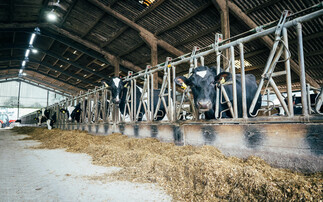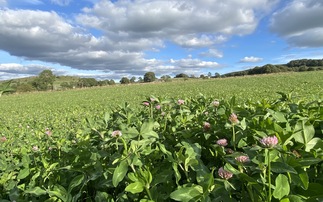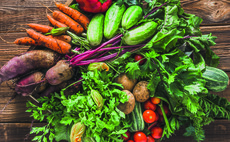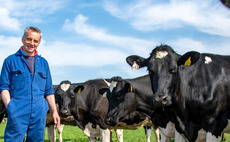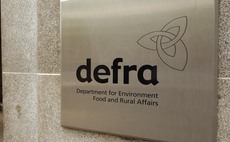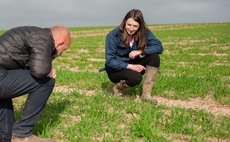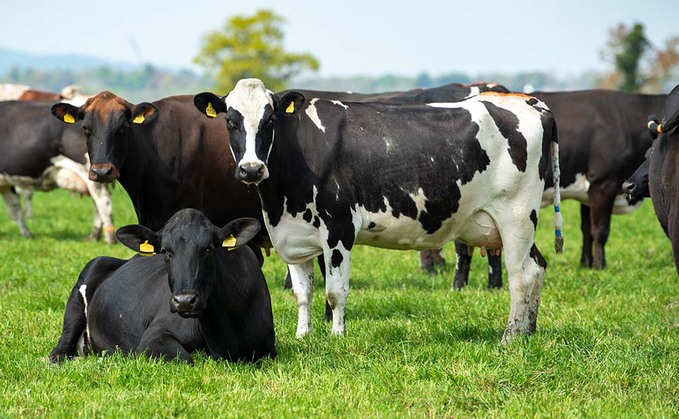
The 'boom and bust' nature of dairying must be reversed if producers are to regain confidence and the sector is to prosper.
NFU dairy board chair Michael Oakes was speaking after a survey by the union found almost 10 per cent of dairy farmers said they would be likely to stop supplying milk by 2025, with smaller producers being the most impacted.
Investment demands
Mr Oakes said many farmers, particularly smaller producers, were being forced to think seriously about their future, with concerns around ‘insufficient returns, volatile markets and investment demands'.
He warned with the current pressures dairy farmers faced, it ‘cannot be taken for granted' that there will be plentiful milk going forward.
The survey of nearly 600 dairy farmers found 23 per cent were ‘unsure' if their farm business would continue producing milk beyond 2025, with 87 per cent were concerned about the impact of Government regulation.
See also:
Feed prices, energy prices and cashflow were raised frequently by farmers as key factors which would ‘curtail milk supplies'. The survey also revealed more than 90 per cent said key to them increasing milk production would be the scale of investment needed for things such as suitable slurry storage to ensure compliance.
Regulation
Paul Tompkins, a dairy farmer in York, said: "What is new, is the pace of this change is accelerating. We now also face the added challenges of meeting proposed regulations and environmental targets. As these are borne from Government and supply chains alike, both should take time to digest the hidden results of this survey, that their actions are hastening the production of milk into fewer hands."
The survey focused on dairy farmers living in England, but many dairy farmers in Scotland and Wales are faced with similar pressures.
NFU Scotland dairy policy manager Tracey Roan said there remained a bright future for dairying in Scotland.
NFUS milk committee chair Bruce Mackie added ‘margins are low', but he remained optimistic. He said: "There are challenges - feed costs, labour shortages and at times, low margins. But the UK remains a great place in the world to produce milk. In the face of growing global climate challenges, the UK's dairy industry is in a good place, which will be key for food security."
Fair trade
But mixed farmer Charles Goadby, Nuneaton, Warwickshire, felt frustrated that dairy farmers were being forced to produce consistently below the cost of production. He said: "I legally have to pay a minimum wage to my staff, so why am I not entitled to a minimum wage? Many producers remain producing at below the cost of production. Meanwhile, we see supermarkets and larger retailers ‘promote' fair trade."
Livestock and sustainability consultant Prof Jude Capper added: "As the global dairy market continues to fluctuate, it is crucial that we do everything we can to try and maintain stability, including supporting farmers in adopting all available tools and technologies to improve both production and economic viability."
Resilience
Mr Oakes said resilient, collaborative dairy supply chains would be vital.
He added: "New industry-wide regulation on contracts, expected to be introduced later this year, must support fairer, more transparent and accountable supply chains. But regulation is not a silver bullet.
"It is imperative that Government continues to work with us to ensure we have the right environmental, regulatory and trade framework in place to support the production of high-quality, nutritious and sustainable food."









